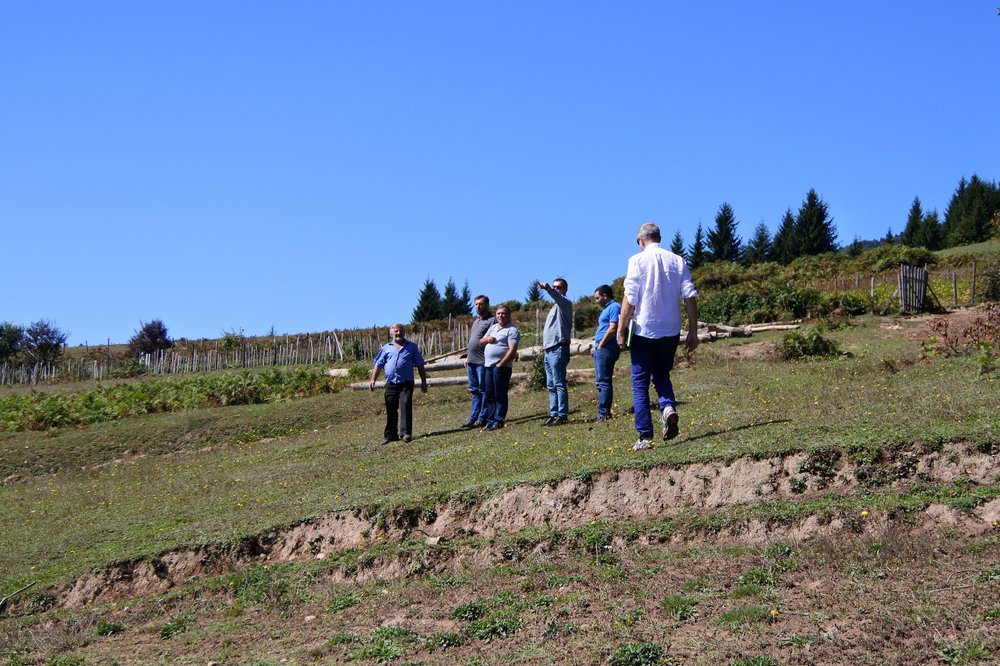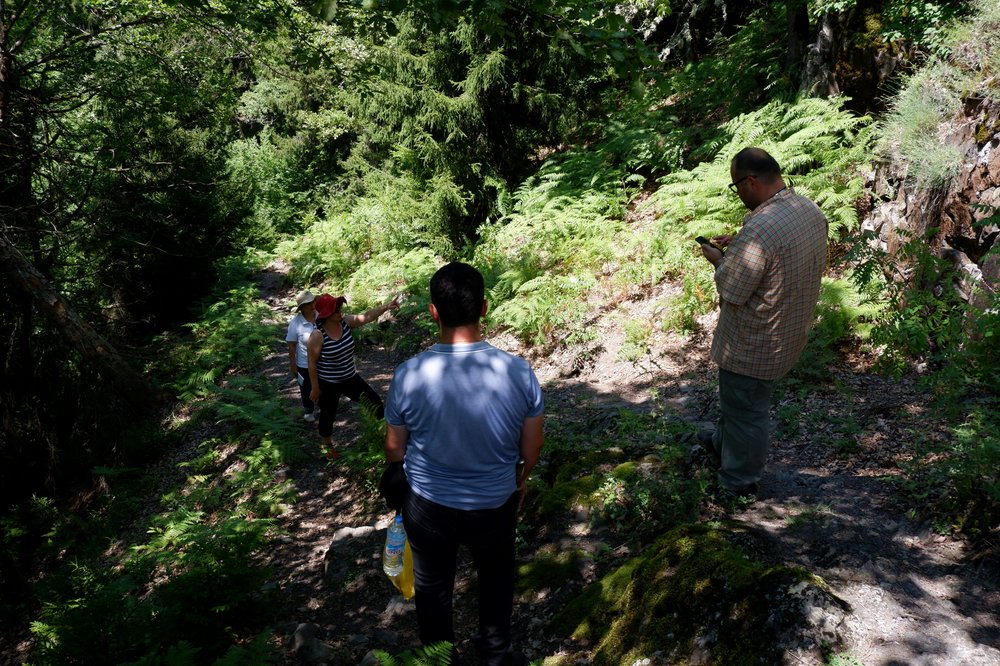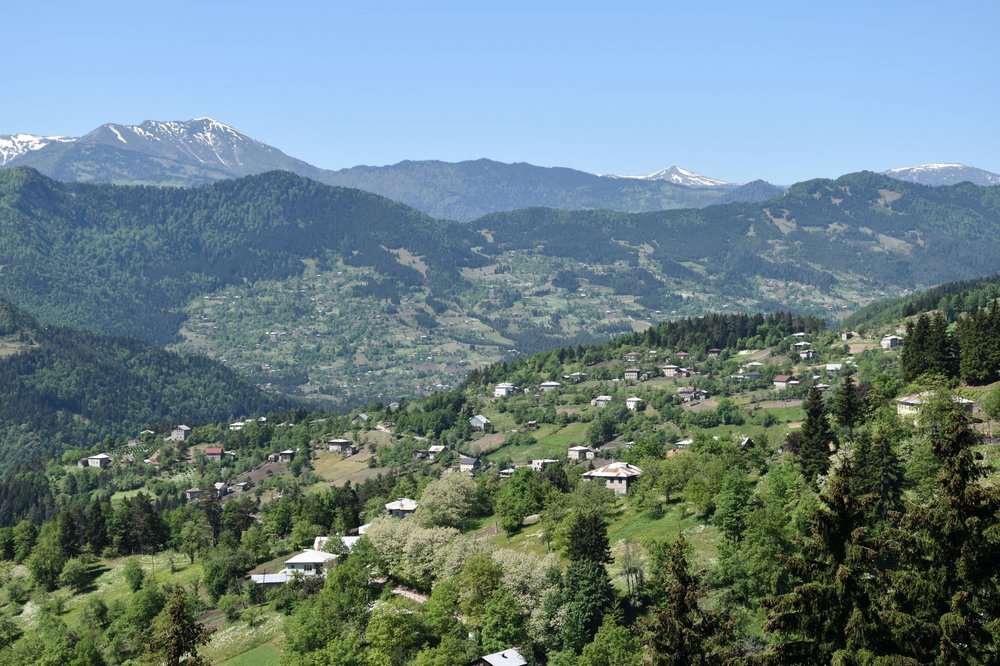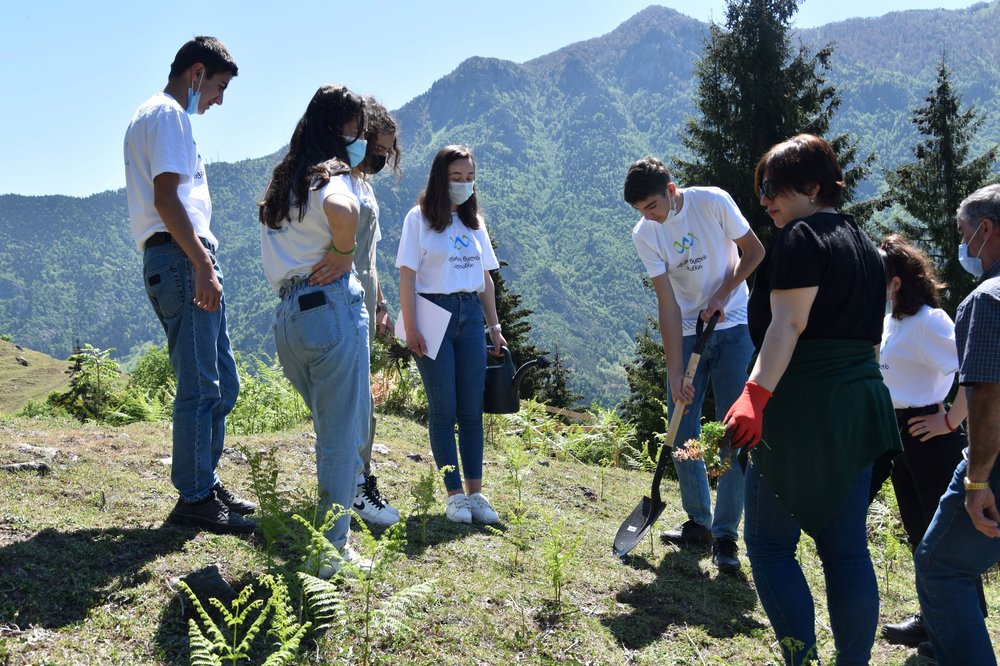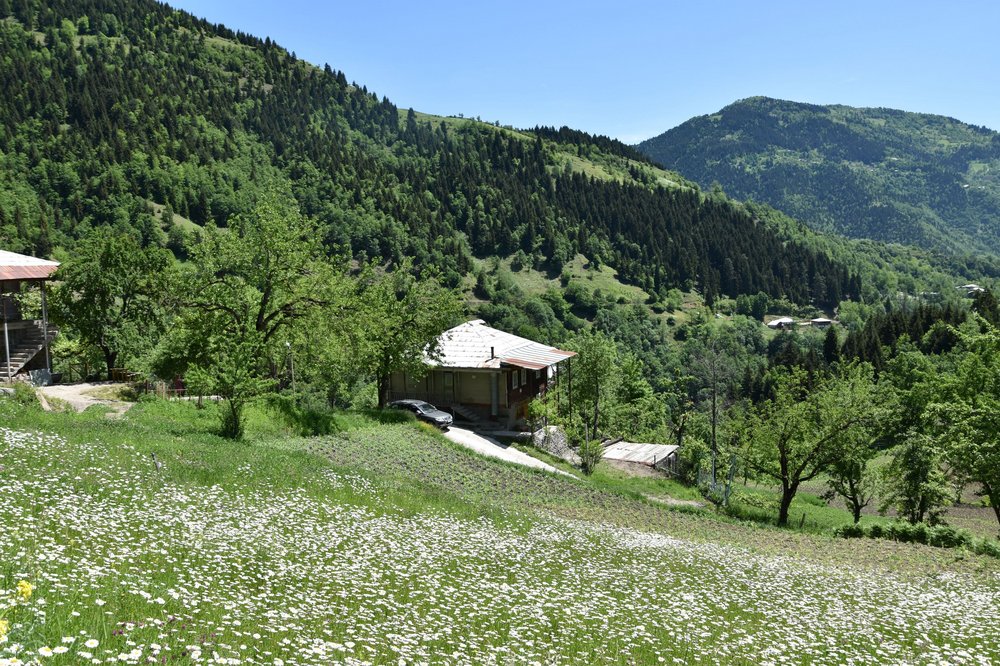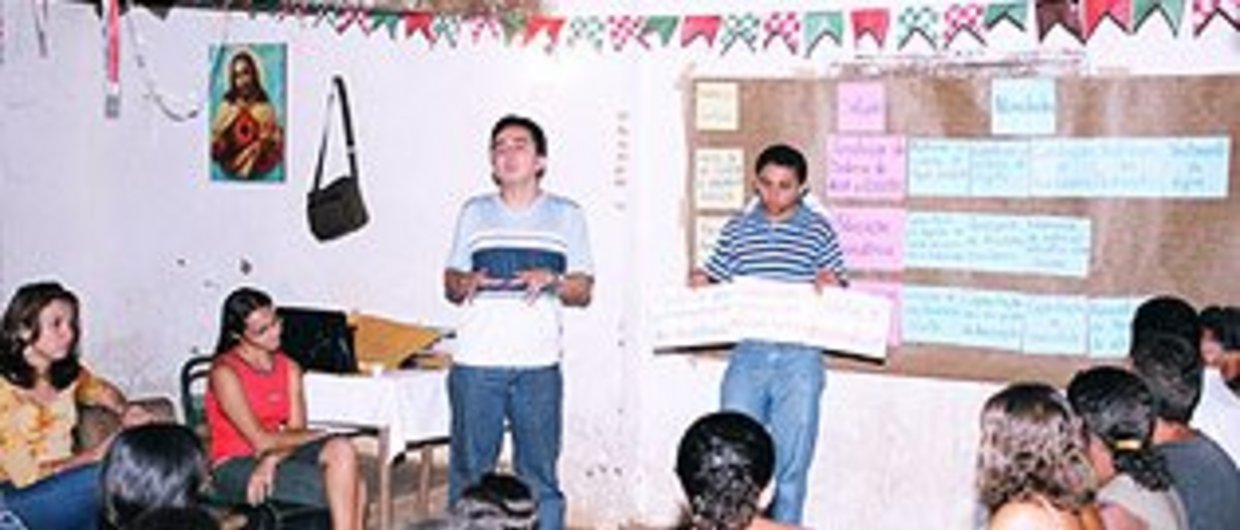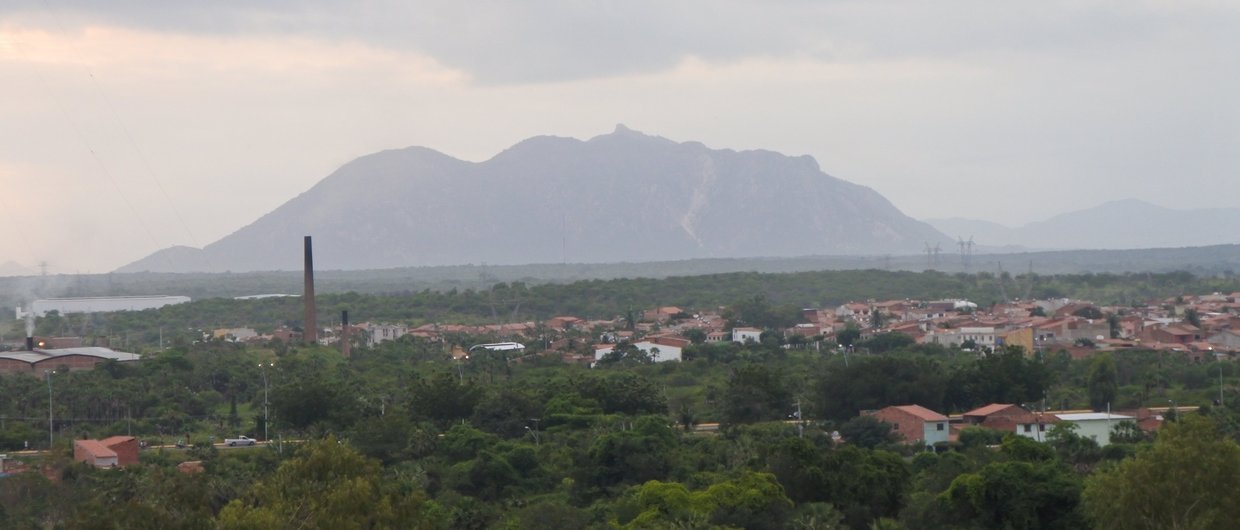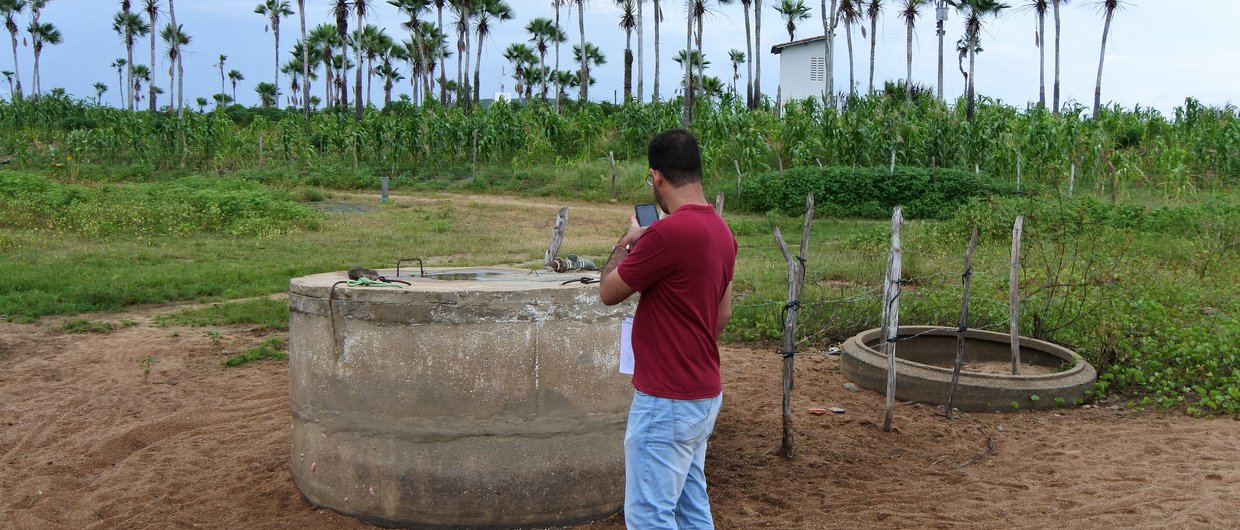Background:
With over 4,000 mm, the Ajara region in the southwest of Georgia has the highest precipitation in the Southeastern Europe and, according to scientific forecasts, the precipitation will further increase. Due to anthropogenic climate change, an increase of intensity and frequency of storm events is already experienced. Furthermore, climate change leads to longer droughts during summer, making small scale farmers increasingly dependent on irrigation schemes. Already during recent years, environmental disasters, mainly landslides, have made entire villages uninhabitable and forced people to leave the area and become “eco-refugees” that depend on state handouts and social security programs. The current water infrastructure has turned out to be unsustainable and increases the risks of further landslides and soil erosion.
